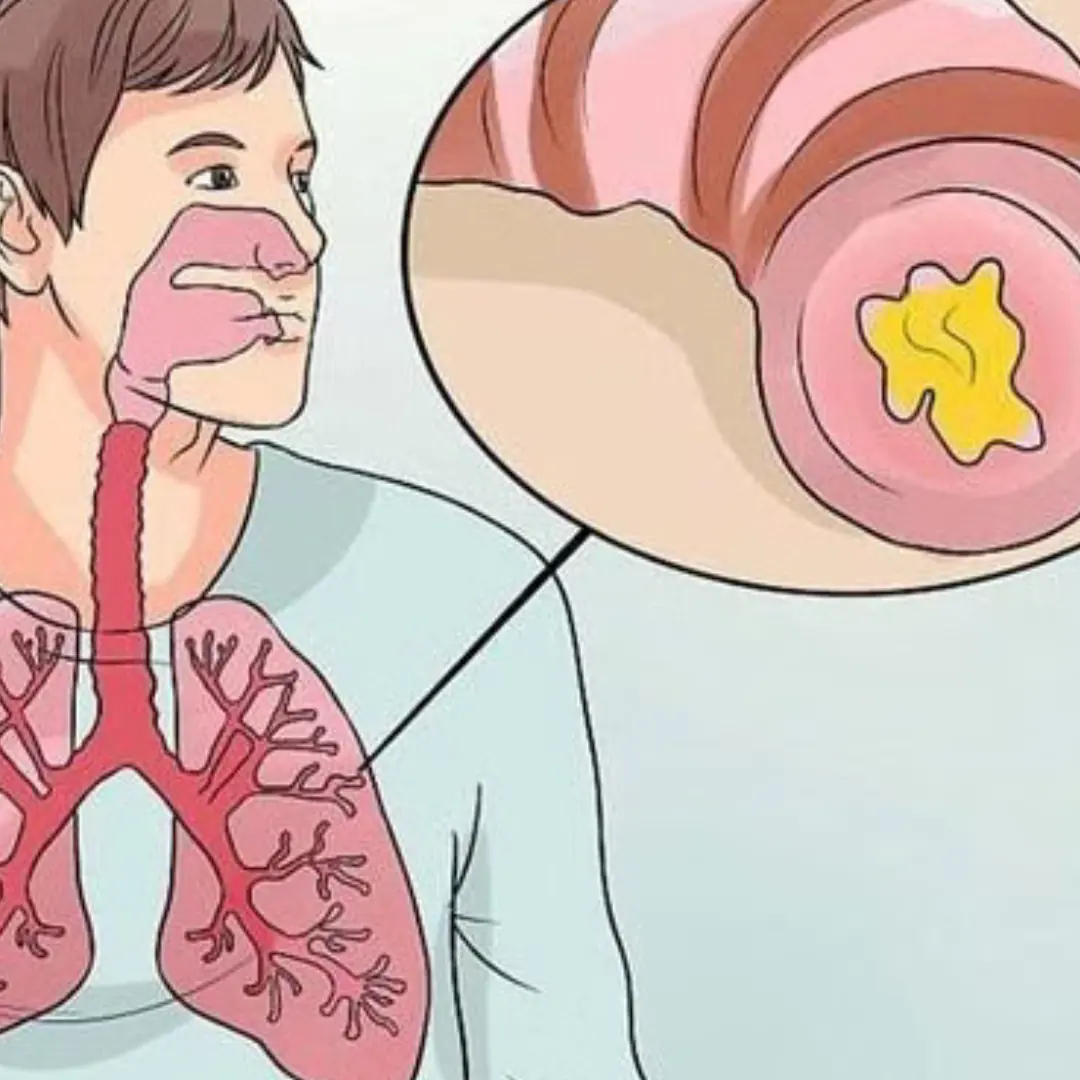
A New Chapter Begins: A Father’s Journey Through Change and Hope

The scent of dust motes dancing in the afternoon sun and the faint, unsettling smell of unfamiliar laundry detergent were the primary characteristics of Thomas’s new life. He was forty-two, an architect who specialized in structures meant to last for centuries, yet his own foundation had cracked and crumbled spectacularly six months ago when the divorce was finalized. He traded the sprawling, sun-drenched colonial house in the suburbs for a functional, if somewhat soul-crushing, two-bedroom apartment near the bustling city center. The change was stark, visceral, and defined by absence. He missed the garden, the silence, and, most acutely, the daily, easy presence of his eight-year-old daughter, Lily. Now, he only had her every other week, and the silence on the alternate weeks was a suffocating blanket woven from loneliness and self-reproach. He often found himself standing in the center of the apartment’s living room, a space that felt temporary and hollow, trying to reconcile the successful, confident man he was at work with the emotionally clumsy, overwhelmed father he felt he had become at home. The professional blueprint for his life was sound; the domestic one, however, was perpetually smudged and unreadable.
His biggest struggle was the mundane logistics of sole fatherhood. He could design a twenty-story skyscraper from memory, but he consistently failed to produce a balanced school lunch that wasn't primarily beige. He tried to braid Lily’s long, fine hair before school, resulting in misshapen, painful knots that only made them both late. These small failures accumulated, convincing him he was failing the grand, important task of raising his daughter. He felt that by taking her from the stability of the family house, he had imposed a lesser, harder life upon her. Lily, however, was a champion of adaptation, a quiet observer who seemed to understand more than he gave her credit for. She found comfort in the apartment's cozy corners and made friends easily at the nearby school. Her resilience, while admirable, often made his own grief feel indulgent and selfish. She was the one facing the upheaval, yet he was the one stuck in the emotional debris.
The catalyst for change arrived not in the form of a grand epiphany, but as a bulky, scarred piece of wood: his grandfather’s old workbench. It had been relegated to the back of the family garage during the divorce settlement, an item of little monetary value but immense sentimental worth. Thomas had insisted on keeping it. Now, it sat dismantled in the apartment’s tiny storage closet, too large for the space, a tangible reminder of a past stability he felt he could never recapture. One rainy Saturday, fueled by a restless energy he couldn't ignore, Thomas decided to restore it. He dragged the heavy, oil-stained sections onto the small, enclosed balcony that served as his only outdoor space. The project was meant to be a distraction, a way to anchor himself in physical labor instead of existential angst. He planned to sand, stain, and rebuild it, transforming the worn timber into a symbol of his ability to restore broken things.
He started the meticulous process of sanding the ancient oak, watching the layers of old paint, oil, and history peel away to reveal the clean grain beneath. The noise was loud, the dust pervasive, but for the first time in months, his mind quieted. He was focused on the immediate, tactile reality of wood and grit. Lily, who usually buried herself in her books during his custody days, was drawn to the noise and the mess. She watched him for a while, her chin resting on the balcony doorframe, her expression curious but non-judgmental. Then, she asked the question that inadvertently launched their new chapter: "Can I help you make the dark lines disappear, Daddy?"
And so, the workbench project became their ritual. Lily wasn't just observing; she was a participant. Thomas bought her miniature sandpaper and a small protective mask. She would sit beside him, her small hand moving diligently over the wood, focusing with intense concentration on polishing the rough edges. He taught her about grain direction, the names of different woods, and the patient art of staining. She didn't mind his clumsiness or his occasional bursts of frustration; she simply existed in the moment with him. This shared project was the first time they had truly connected since the separation, communicating not through anxious conversation, but through the silent, cooperative rhythm of sanding and hammering. It was on the balcony, surrounded by wood shavings and the smell of turpentine, that Thomas began to feel like a complete father again, valued not for his ability to provide a grand house, but for his willingness to be present and share a creation. The bench wasn't just a piece of furniture; it was their new shared language.
The burgeoning hope was immediately tested by the realities of his professional life. His architecture firm was under immense pressure to finalize the design for the new city library, a high-profile, unforgiving project. His new boss, Mr. Sterling, was demanding and lacked Thomas’s former manager’s empathetic understanding of personal challenges. The deadline for the crucial structural schematics was Friday. Unfortunately, Friday was also the day of Lily’s school production, where she was playing a surprisingly enthusiastic tree in the class play, a role she had spent weeks practicing in front of the mirror. Thomas had promised her he would be there, a promise he now felt unable to keep. The financial strain from the divorce was significant, and failing this deadline, or worse, incurring Mr. Sterling's wrath, could jeopardize his job and, therefore, his ability to provide even this small apartment for Lily. The two worlds—the demanding, external professional sphere and the fragile, internal domestic one—were on a catastrophic collision course.
He spent the whole week trying to juggle both, working late into the night, neglecting sleep, and snapping at Lily over trivial things like misplaced shoes. His anxiety was palpable, creating tension that bled into their workbench time. Lily sensed his stress and became quieter, retreating back into her books. On Thursday evening, Thomas stayed at the office until 2 a.m., returning home exhausted and defeated. He had failed to finalize the schematics, and he had barely spoken a kind word to Lily all day. He collapsed onto the sofa, staring at the darkened balcony where the half-finished workbench sat, looking less like a symbol of hope and more like a monument to his divided failures. He considered calling in sick on Friday to finish the work, sacrificing the play, but the thought of the look on Lily's face—that disappointment he had seen on Clara’s face so many times—stopped him. He grabbed his keys, drove back to the office before dawn, and worked feverishly, but the complex calculations refused to align. At 10 a.m., two hours before the play was scheduled, he realized he couldn't finish the work without sacrificing the time he needed to be a father.
He made the choice. He drafted a brutally honest email to Mr. Sterling, detailing the necessary delay and accepting full responsibility for any repercussions. He didn't use the play as an excuse; he simply stated that due to unforeseen personal obligations, the final schematics would be delivered by midnight, not by the close of business. It was professional suicide, perhaps, but the weight of the potential loss of his job felt less paralyzing than the weight of breaking Lily's trust. He pressed send, feeling a cold calm wash over him. He rushed home, changed quickly, and arrived at the school gymnasium just as the curtain was rising. Lily, the enthusiastic tree, spotted him immediately. Her face didn't just light up; it bloomed. In that moment, watching her stand proudly on the stage in a cardboard costume, Thomas understood that his real legacy was not in the soaring towers he designed, but in the small, unwavering presence he offered. The collapse of his professional world felt distant and irrelevant.
He spent the afternoon with Lily, celebrating her tree performance and laughing over terrible cafeteria pizza. When they returned home, Thomas went straight to the workbench on the balcony. He looked at the heavy, scarred wood, now partially restored, and saw the truth: the bench wasn't meant to be a symbol of a past life he couldn't recapture; it was the foundation of their new life, built with patience and shared effort. He put Lily to bed, kissed her forehead, and promised they would finish the final staining tomorrow. Then, armed with a thermos of coffee, a clear head, and the emotional fuel of a father who had finally aligned his priorities, he went back to the office. He completed the complex structural schematics by 11:30 p.m., delivering them with thirty minutes to spare. Mr. Sterling's reply the next morning was surprisingly muted—no praise, but no reprimand either. Just a simple, "Received. Acceptable."
The next day, Thomas and Lily applied the final coat of protective stain to the workbench. The wood darkened to a rich, honeyed brown, the old scars softened but still visible beneath the glossy finish, reminders of its history, not flaws. It was beautiful, functional, and uniquely theirs. They managed to fit it perfectly into the corner of the balcony, a small, solid piece of permanence in their temporary apartment. As they hammered the final caster into place, Thomas realized the new chapter wasn't about erasing the change; it was about accepting the scars, learning from the mistakes, and finding hope in the quiet, shared work of rebuilding. The apartment was still small, the logistics were still clumsy, and the emotional work of separation was ongoing. But Thomas was no longer the overwhelmed man defined by loss. He was a father, grounded in the reality of his daughter’s love and the solid, enduring presence of a restored wooden bench. The new chapter had begun, built one sanded, honest layer at a time.
News in the same category


A trucker’s unexpected turn: How picking up a hitchhiker changed my life

Sonny, we’re giving the mansion only to you! So that this penniless country girl gets nothing after the divorce

The heart-wrenching story of love, trust, and betrayal on my wedding day

The Struggle Against Betrayal and the Fight for Justice

A rich daughter-in-law tried to humiliate me – here’s how I taught her a lesson she’ll never forget

Becoming a Mother at 55: A Life-Changing Secret Revealed on Delivery Day

Symptoms of chronic bronchitis and treatment

The Ancient Ways Of The Great Albatross

The Silent Promise Of The Mountain Lion

My Husband Gave Our Son a Gift—And Told Him to Never Show It to Me

What do we do, rex? How will we survive? Will we have to beg for help?

A Woman Showed Up at My Door Claiming to Be My Dad’s Wife—But My Dad Has Been Single My Whole Life

The Last Flight of Kavi

When Our Long-Awaited Family Vacation Fell Apart at the Airport

“Who would want you now, with two kids? Your husband ran off to another woman, never even suspecting that I WON A FORTUNE!”

In the Sleeper Carriage: A Chance Connection

Returning from his shift, he was hooking up with an older lady. After three months on the drilling rig, he didn’t give a damn about whom
News Post

How a Simple Date Night Rekindled a Marriage

A trucker’s unexpected turn: How picking up a hitchhiker changed my life

Sonny, we’re giving the mansion only to you! So that this penniless country girl gets nothing after the divorce

A Father’s Promise: A Disturbing Encounter Revealed

The heart-wrenching story of love, trust, and betrayal on my wedding day

The Struggle Against Betrayal and the Fight for Justice

A rich daughter-in-law tried to humiliate me – here’s how I taught her a lesson she’ll never forget

Becoming a Mother at 55: A Life-Changing Secret Revealed on Delivery Day

Belgian Waffles with Cream & Berry Coulis

Creamy Garlic Butter Lobster

Symptoms of chronic bronchitis and treatment

The Ancient Ways Of The Great Albatross

The Silent Promise Of The Mountain Lion

Seafood Chowder Bread Bowl

Pan-Seared Scallops with Lemon Butter Sauce

Shrimp Alfredo Lasagna Roll-Ups

Creamy Shrimp-Stuffed Salmon

Cucumber Shrimp Bites with Avocado
